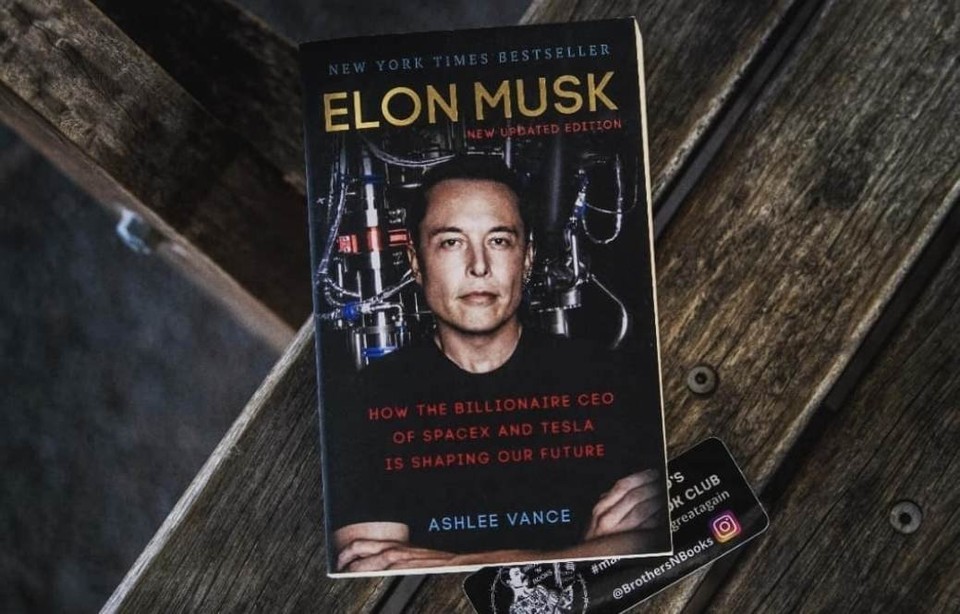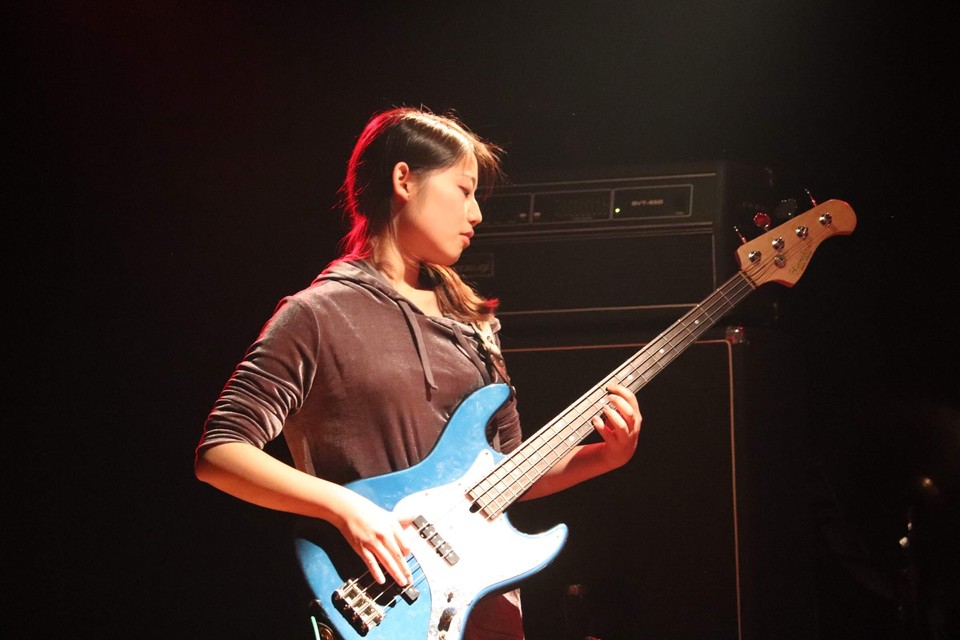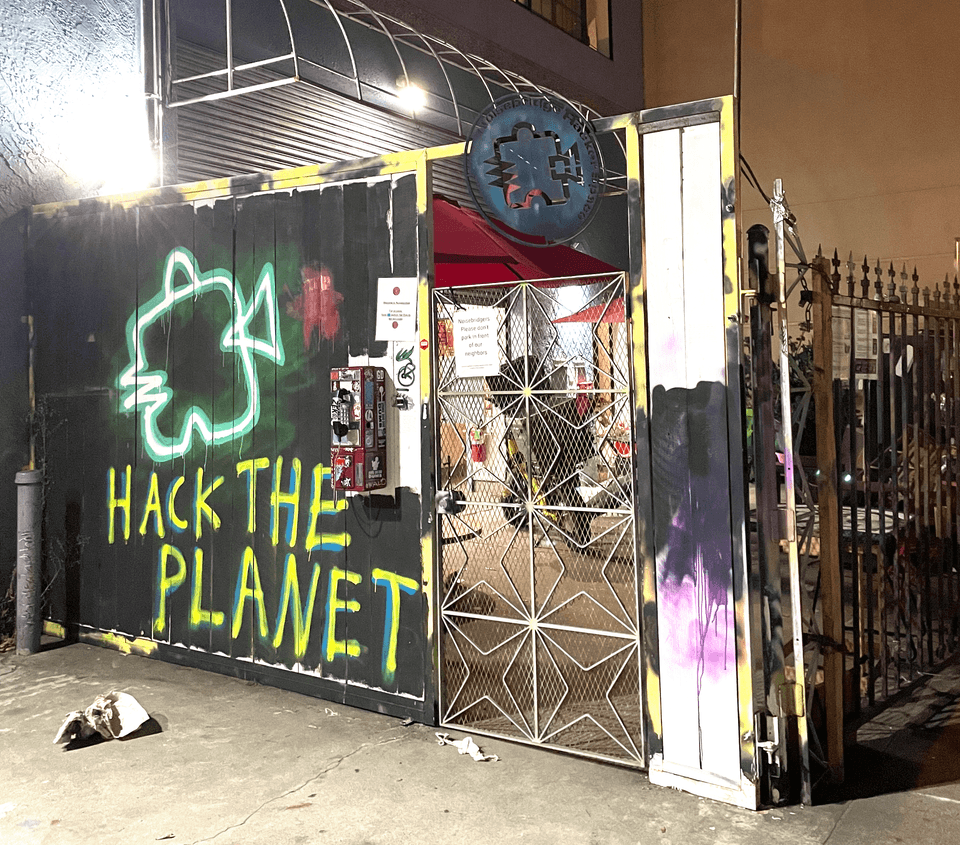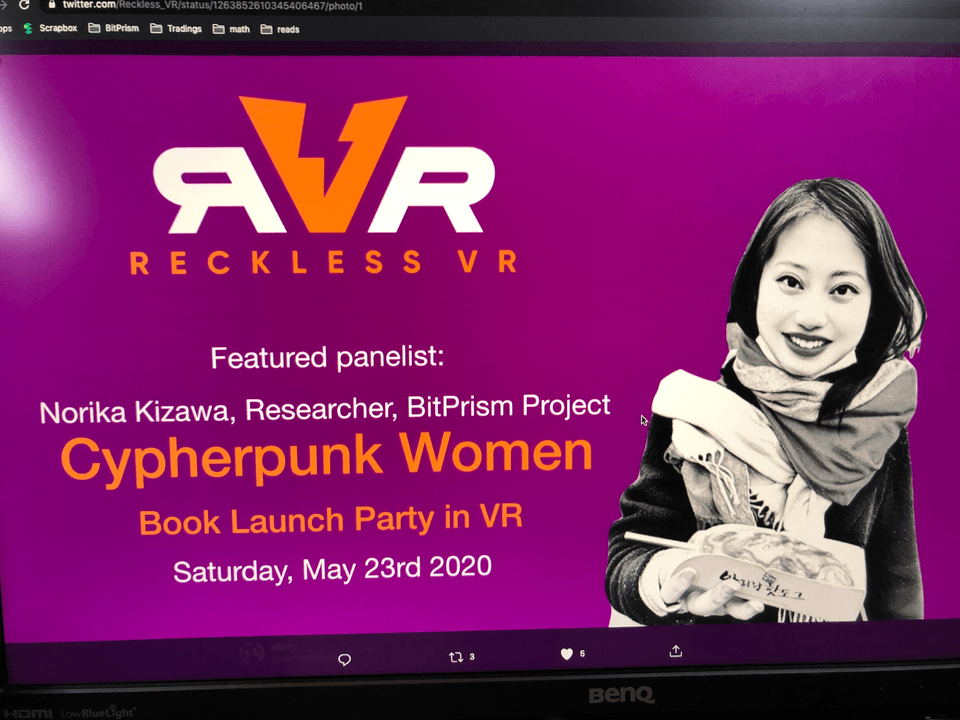Dark Talent
— NetworkSchool — 10 min read
What is the minimal requirement to nurture Dark Talent?
The Journey to Dark Talent: My case
A Japanese friend of mine calls me "alien".
He found that my life trajectory is very uncommon compared to others, and was really confused trying to understand me. I came from a suburb in Osaka (no English speakers), dropped out of university, ran a company, and traveled the world while teaching coding.
If one feature of Dark Talent is being an "extraordinary unique achiever," I'm probably qualified.
So I'd love to share how I discovered the "freedom to choose," changed my belief system, and walked through my journey as a real case study of becoming Dark Talent.
The Problem: Asian Culture Hobbles Talent
My life shift happened accidentally when I failed to pass the exam for the University of Tokyo.
Breaking Free from Expectations
I was born and raised in Osaka, Japan. I'd never lived overseas until I was 25.
My family was middle class, basically conservative—typical Asian parents. Since I was one of the top 3 "smartest" kids in Japan when I was 11-14 years old, my mom expected me to get into the best university, the University of Tokyo.
My mom wanted me to have:
- Good social status
- A secure job
- A good husband
- Children
I don't have any of those things.
However, I earned something more important to me: people who trust me as a builder and entrepreneur.
The Transformation: New Models, New Friends, New Agency
Finding My Model: Elon Musk

After I failed the exam, I labeled myself as a failure. Since I was in exploration mode, I started going to bookstores and reading extensively. I found Elon Musk's autobiography on the featured shelf.
His book emotionally triggered me on two points:
- His complicated relationship with his father
- His way of building companies through software
The first point was especially relatable to my relationship with my mom.
A Painful Memory
One episode that stands out: I survived for 2 months on 3 hours of sleep when I was 17. I wanted to achieve three things simultaneously:
- Earn the top score on school exams
- Finish a music recording project and publish it
- Practice ballet performance every day


The rule I tried to follow was: "If you're good at studying, then you can afford to play."
During this lifestyle, I thought I might die. But I didn't. Finally, when I showed my score to my mom, she commented: "Why are you third and not first?"
I remember the hope I had for my mom's approval vanished at that moment. This was a painful lesson that chasing other people's approval doesn't make you happy. This strong emotional reaction convinced me that Elon was a model I could trust.
Discovering My Path
I found my curiosity and thesis: "I want to compare Artificial Intelligence to the Human Brain. Where can I do this?"
I started looking for universities and discovered SFC (Shonan Fujisawa Campus). I wrote an essay about my research proposal and got accepted. Finally, I got into university and removed my "failure" label.
Unfortunately, some old friends called me a "cheater" because the exam I passed was unusual in Japan. It included:
- Research proposal
- Showcase of past achievements
- In-person interview with professors
I understand why they called me a cheater. The typical Japanese university exam tests memorization and reasoning through subjects like math, Japanese, history, geography, and English—most of which I believe are useless nowadays. But most kids spend 6 years of adolescence just to ace this weird domestic exam.
New Friends: The Hacker Circle

After getting into university, I made friends with unusual backgrounds. A couple hadn't finished high school but had special skills and achievements.
Friend #1: A boy who dropped out of high school to support his family after his father passed away. He made money creating software and introduced me to Bitcoin with: "Buy now. It will go up."
Beyond speculation, I got curious about Bitcoin's system. We tried mining Bitcoin using the school server and got reported—typical techy kid behavior.
Friend #2: A boy who had just returned from British boarding school. We thought he could speak English well, so three of us started reading Ethereum's whitepaper together.
Shattering the Academia Dream
I went to university to become an AI researcher with a neuroscience approach. I spent my first two years working toward academic research, studying under a physics professor researching new computational models.
But I noticed that even talented senior students, PhD candidates, and professors struggled to secure positions in academia. Meanwhile, my hacker friends stopped coming to school and made money working at startups. The smartest one earned 500,000 JPY/month implementing AI research papers in Python just one day per week.
The contrast was stark.
I desperately wanted financial independence from my family because I hated the communication friction with my parents. So I shifted my efforts to improving my skills and making money.
The urgency to earn financial independence shattered my academia dream and exposed me to job markets at 19.
High Agency: The Bitcoin Development World


First Economy: Traditional Internship
My first approach was getting a traditional internship paid in JPY monthly.
Since I wanted to work on Bitcoin development, it was extremely difficult to find opportunities in Japan for entry-level engineers.
The Breakthrough Moment
In 2018, a Bitcoin conference happened at my university. I attended and met real developers. I got interested in a speech about the tech architecture of a Bitcoin↔JPY derivative marketplace built on Bitcoin sidechain.
I reached out and asked for an internship opportunity. They accepted, and I started working with Bitcoin core developers in a Tokyo office. This was the life-changing event.
Observing High Agency
What I observed was the communication gap between the Japanese fintech team and Bitcoin core developers. But I was inspired by the developers' agency—they had strong voices to propose new ideas based on deep technical understanding.
This surprised me because typically, tech startups make money by working with big tech companies and don't have high agency to pursue new tech frontiers.
I wanted to be like these core developers, but how?
New Economy: Global Bitcoin Hackers
I started spending time "yapping" on developer forums. I wanted to contribute to Bitcoin, but the repository was huge and I didn't know where to start. It was also unclear if I could get paid.
The startup founder gave me unhelpful advice: "Just contribute to open source, then Google will find you."
So I joined conversations and shared my work on Lightning Network to help others. Then someone reached out and offered me a job building an arbitrage trading engine dealing with Bitcoin option markets.
I loved the idea and joined. Everyone worked remotely (it was COVID time), I couldn't meet team members in person, got paid in Bitcoin, learned Rust, and loved the environment.
The Loneliest Period
Despite eventually meeting all core members, this was the loneliest period of my life.
- Hard to explain what I was doing to boyfriends
- Family didn't understand my work
- I stopped going to school
- Bitcoin derivatives were incredibly difficult to learn
- I broke up with my boyfriend and moved to Yokohama
- I listened to brown noise to focus and ate pouch curry and rice
- All communication happened in text English
- I lacked confidence to speak on calls
- I didn't talk to anyone for a week
I discovered I needed people I could talk to, online or offline.
Painful Lessons: Becoming a Founder in Japan
After leaving the project, I went to SF for the first time to join a hackathon. I met a teammate who was ex-Google, and surprisingly, he had just gotten a job offer from a Japanese crypto startup.
I decided to join the same company, and within 6 months, he and I started our own company, Cerberus Research, with dreams of building a unicorn startup.
Reality Check
He left after 2 months. I built an MVP with another developer I met at an ETHGlobal online hackathon. The idea had legal issues operating in Japan, and I didn't know how to resolve them.
I ended up starting consultancy services for friends' companies and worked as CTO. It was tough, but I made it work. People started asking me to help their projects as tech lead—that became my business.
Key Lessons
- Being a founder is different from being a developer
- Founders must understand clients' needs and communicate better
However, the work was boring and not at the tech frontier. Lots of power games with older executives and weird startups. Clients didn't speak English and rarely understood market dynamics. Finding the right projects—ones with money and sufficient interest—was extremely difficult.
I'd been saving money to leave Japan. It was time to act.
New Life in San Francisco
After Aaron encouraged me to start traveling, I followed his advice. I left my Tokyo apartment and initially tried moving to Lisbon, but didn't feel I fit into the beach life culture.
So I moved to SF.
The SF Revelation
I was surprised by how welcoming, optimistic, and well-capitalized people in SF were. Young college kids pitched ideas to investors and got into accelerators.
I finally made real friends—a super important factor in my life.
When I mentioned I was looking for a co-founder who understood web3 and AI, my friend at the co-living space introduced me to ODF, and I got into ODF22.
The O1-A Visa Journey
I decided to move to the US permanently and get an entrepreneur visa (O1-A). I prepared everything, paid for my lawyer, and got ready for the O1 visa process.
The Three Pillars of Agency
1. Chase Agency: Skill, Money, Network
Master the law of economics:
- Become a better supplier
- Become a demand detector
2. Chase IRL Community: SF, O1 Visa, Network School
The downside of living on the internet: It makes people lonely.
3. Resource Requirements
Individual Level:
- English proficiency
- Coding skills
- Ability to reach out
Resource Level:
- Models → Audrey (and others)
- Friends → in HK, SF, and Stanford
- Capital → Know where to ask
Mind Level:
- Culture → Understanding and adapting to different environments
Final Requirements for Nurturing Dark Talent
I was not able to identify the minimal requiremnt. So I asked claude to do this job.
Based on my journey, the minimal requirements to nurture Dark Talent include:
- Freedom from conventional expectations
- Access to unconventional models and mentors
- High-agency peer networks
- Financial independence or path to it
- Global perspective and mobility
- Technical skills as leverage
- Willingness to embrace loneliness and uncertainty
- Strong communication abilities across cultures
The path isn't easy, but it's possible. The key is finding your agency and the courage to pursue it, even when others call you an "alien."